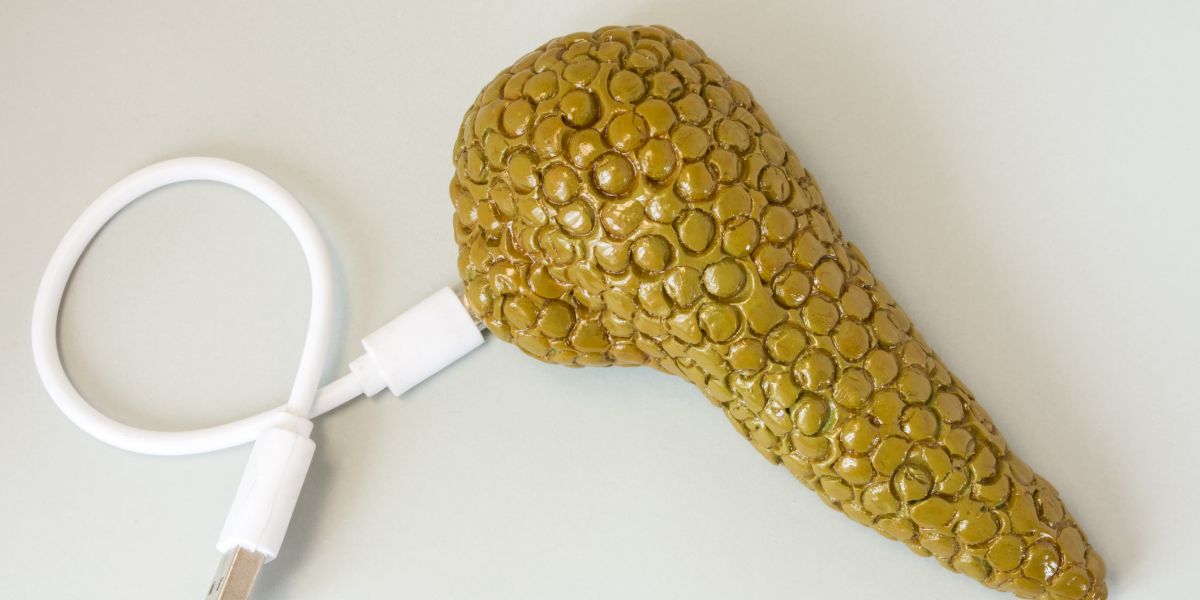An American trial has found that using a ‘bionic’ pancreas is more effective at maintaining blood sugar levels for people with type 1 diabetes, compared to traditional care management.
Researchers also found that that the technology helped to reduce the mental toll of diabetes management in young people and parents.
This new technology – an automated insulin delivery system – monitors an individual’s blood sugar levels via a continuous glucose monitor, then automatically delivers the required insulin through an insulin pump.
- Artificial pancreas credited with transforming lives of children with diabetes
- Micro-pancreas ready for UK trials says Israeli developer
The difference with the bionic pancreas is that less user input is needed – there is more automation because the device continually adjusts the amount of insulin delivered based on an individual’s needs.
Study co-author Professor Jill Weissberg-Benchell, paediatric psychologist and Professor of Psychiatry and Behavioral Sciences at Northwestern University Feinberg School of Medicine, said: “Among the children, teens and parents participating in this study, youth showed statistically and clinically meaningful improvements in their time spent in target blood glucose range, even though there was no need to count carbohydrates, calculate basal insulin dosing or correct high glucose levels.
“This novel insulin delivery system likely decreases both the emotional and cognitive burden of diabetes management for both youth and parents living with type 1 diabetes.”
The 13-week trial, which was funded in part by the National Institute of Diabetes and Digestive and Kidney Diseases, took place across 16 sites in America and involved 326 participants from age 6 to 79, all with type 1 diabetes.
The participants were divided up and assigned to either a bionic pancreas group or a standard-of-care control group, using their normal insulin delivery method. A third of the control group used an artificial pancreas currently available on the market.
Key findings included:
- Long-term blood sugar control improved from 7.9% to 7.3% for those using the bionic pancreas, but remained unchanged in the control group
- Those using the bionic pancreas spent 11% more time in the targeted blood glucose range in comparison to the control group
- People with higher blood sugar levels at the start of the study saw the greatest improvements in blood sugar control.
Read the full study in the New England Journal of Medicine.






